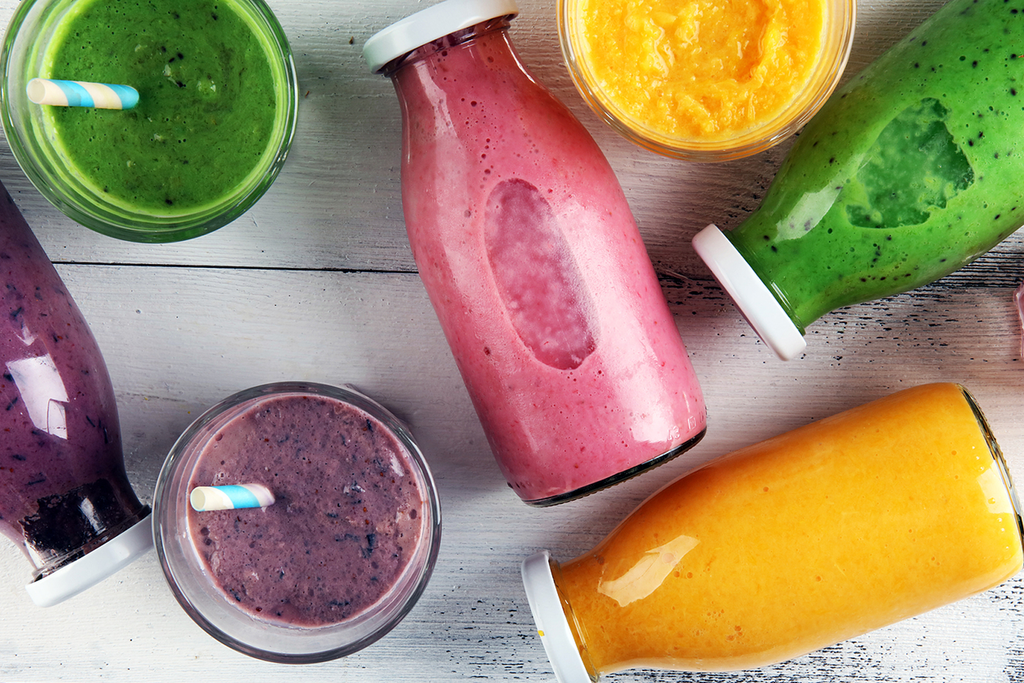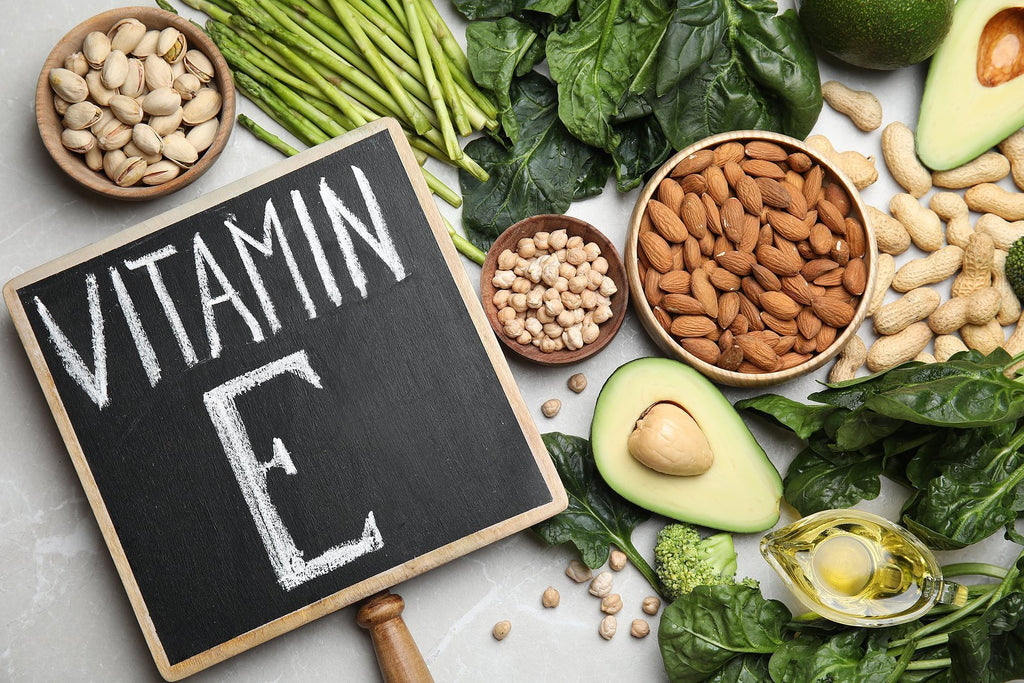5 Natural Ways to Combat Chronic Constipation
Did you know that constipation, or difficulty emptying the bowels, is one of the most common problems? I’m going to explain to you some simple, natural ways to handle it.
Chronic constipation can do much more than just waste some of your time. The effects of constipation can range from being frustrating to affecting the quality of your life to being potentially life-threatening.
The good news is that making simple changes can bring fast relief.
First, Avoid Drugs and Chemical Laxatives
Over-the-counter and prescription drugs don’t generally address the root cause of chronic constipation – or of any problem – and almost always have side-effects. These side-effects can often be worse than the problem the drug is supposed to fix in the first place.
Just How Big A Deal Is Chronic Constipation?
If you don’t experience this condition, you might easily ask, “how big of a problem could it really be?” Well, constipation accounts for two and a half million doctor visits each year in the U.S. alone. Nearly one in five Americans and one-third of people over 60 experience chronic constipation. That means not just “once in a while”; it’s more often than not – or at least very frequently.
Surely, if it’s not you dealing with constipation, it’s someone in your home, or somebody you work with.
Why It’s More Than Just The ‘Butt’ Of A Potty Joke
Getting rid of the waste in your colon is vital to the health of your colon and your entire body. If you don’t have bowel movements with regularity and with ease, you’re at risk for pain and weight gain, as well as colon and rectal cancer.
5 Dietary Strategies to Relieve Chronic Constipation
1. Stay hydrated while keeping up electrolytes and fiber.
- These are all one package. Fiber needs water to form stool and pass through your colon, so consume enough dietary fiber and drink enough water. You also need the proper balance of electrolytes in your body.
- Consume water and fiber in balance. If you increase fiber without drinking more water, your constipation will probably get worse. A good guideline is to drink a minimum of 12 ounces of water every couple of hours – although the color of your urine and your level of thirst really are your best guides.
- Some good sources of dietary fiber include leafy greens, almonds, pumpkin, coconut, Chia and sunflower seeds, as well as some cruciferous vegetables like broccoli, cauliflower, Brussels sprouts, and cabbage. Other good fiber sources are berries, avocado, apples, and sweet potato. Many of these foods contain magnesium, which draws water into the intestines and creates a laxative effect.
- A good source of electrolytes is Himalayan sea salt. In fact, it’s a good idea to include sea salt in your daily diet – especially if you’re experiencing constipation. Sprinkle some on your food, or mix a teaspoon into a glass of water and drink it, or put it under your tongue for a minute before rinsing it down with water.
- Another good option is to use a dietary supplement that supplies electrolytes, like my carefully formulated product called Super Hydration Boost. On the web page, I’ve listed the 14 ingredients in that product and how each one contributes to hydration.
2. Consume probiotic foods and eliminate processed, fried, and sugary foods.
- Sorry, no pizza, chips, baked goods, soda, and cereals. They simply have no real health value and they promote harmful bacterial overgrowth in your gut.
- Add a high-quality probiotic supplement to your daily routine. It’s a supplement that really everyone should take. Check out some of my other blogs and videos about probiotics.
- Prunes and figs should be a last resort. I know people traditionally turn to these for constipation relief, but they’re high in sugar and you really want to limit your sugar intake.
3. Add apple cider vinegar and aloe vera juice to your diet.
- Use organic, raw, unfiltered apple cider vinegar. The fermented juice from the apples contains pectin, which is a type of fiber that feeds the good bacteria in your gut and improves overall digestion. Try adding two tablespoons of apple cider vinegar and the juice from half a lemon to twelve ounces of hot water. It makes a pretty good tea.
- Aloe vera juice offers a ton of health benefits including helping to get intestinal inflammation under control and, of course, relieving constipation. Look on the label to see that it includes aloe latex – the layer between the aloe gel in the plant and the skin – and compounds called anthraquinones, which have a mild laxative effect.
4. Eat lots of healthy fats.
- Get healthy fats from foods like salmon, sardines, avocado, and olive and coconut oil.
- You can put olive oil on your salad and you can add coconut and avocado to smoothies. Drizzle olive oil or avocado oil on vegetables and cook with coconut oil.
- Eat an avocado each day. It’s really the perfect fruit.
- You can also get healthy fat by taking an Omega-3 fatty acid supplement and using MCT oil in your morning coffee or in your smoothie. The MCT oil is the healthy fatty acid sourced from coconut and palm trees.
5. Increase the amount of magnesium in your diet.
- Consume more leafy green vegetables, as well as more nuts and seeds.
- There’s lots of magnesium in your daily avocado.
"Ordered this stuff to help with hydration after bicycling in the heat. Works great for that, as well as for during work when it is in 100s. I have more energy at the end of the day after drinking this periodically through the day.I can hop on my bicycle when I get home and pedal a dozen miles without feeling drained."
Steve | ⭐️⭐️⭐️⭐️⭐️
Super Hydration Boost
Sharing is Caring
Know Your Body - Know Your Health






